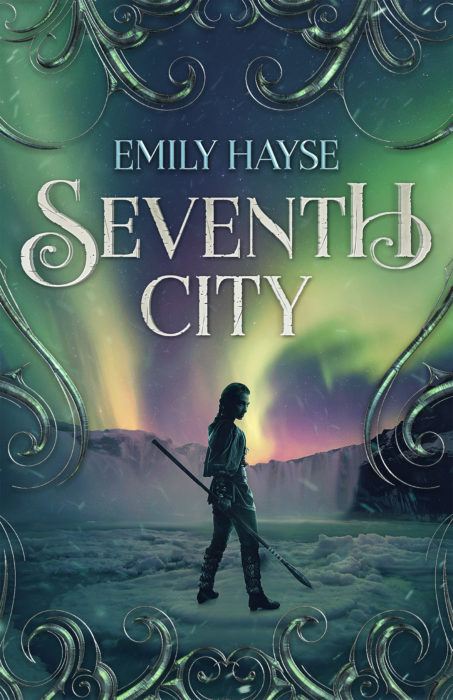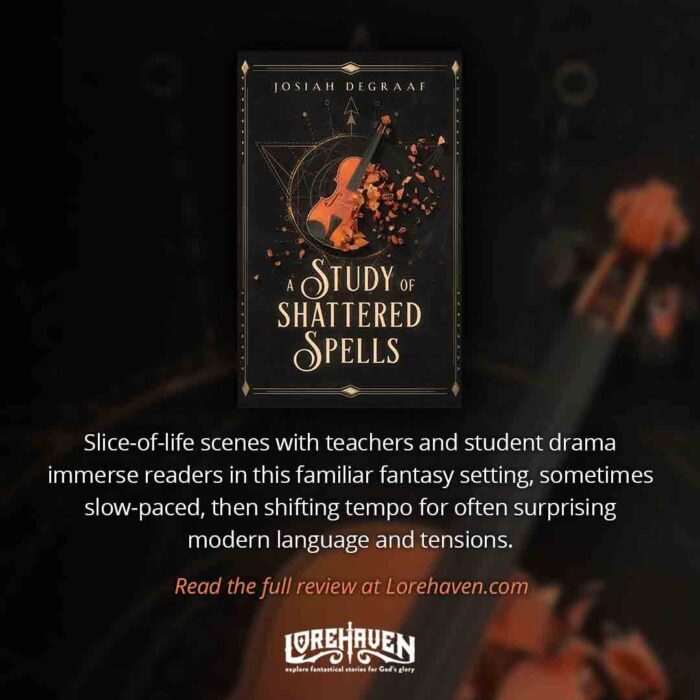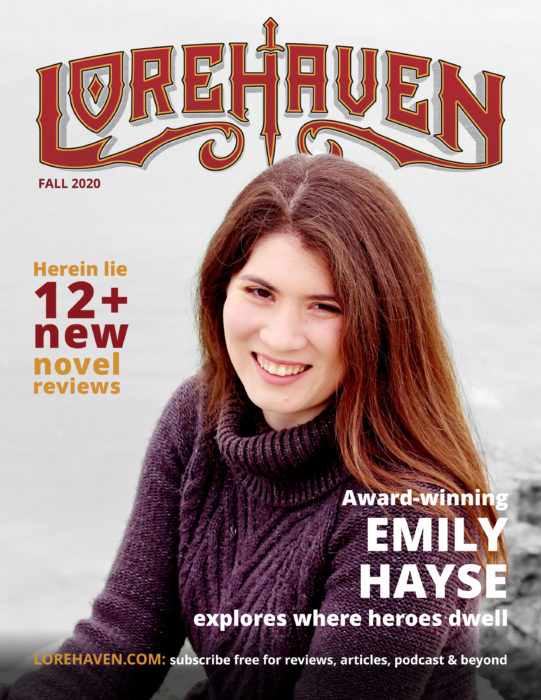‘Maybe the World Wasn’t Made to Be Carried by You’
Seventh City is about letting go.
When I start any of my books, I don’t usually think first of themes. I put together characters, the world, and pieces of plot, then themes usually show up by themselves about a third of the way through.
In my first draft of Seventh City, I was deep into the idea of an Alaskan frontier sort of world, a conquistador-esque search for a city of gold, and a small girl who would take it all on single-handedly for her brother. And as usual, a few themes surfaced quickly: about forgiveness, perseverance, racial reconciliation, courage.
At first glance, courage might seem to be the primary theme of Seventh City. Maki has courage. She takes on men, bears, wilderness, and the unknown because she loves her brother and wants to rescue him. She endures and adapts to a rough life for one purpose—saving her older brother. It’s a noble theme, and one that Maki exemplifies well.
But that’s not what Seventh City ultimately turned out to be about.

In early 2019, I experienced in short order a number of sudden deaths of people I loved and cared about and I was still actively working through that grief as I went through Seventh City’s final edits. Grief is a strange thing, and it can manifest itself all sorts of different ways. This time, it came as this impending feeling of doom, like more grief and pain just waited around the corner. I felt the need to guard against it. I felt I could anticipate how things could go wrong and plan against them, or keep up my guard, so that when the next sudden loss hit, I’d be braced for it already. That way, I could survive.
Then in that final edit, I wrote the scene between Willow and Maki. She is explaining her fears, and he says: “Did it ever occur to you, Maki, that maybe the world wasn’t made to be carried by you?”
I remember those words coming out of his mouth and being just as floored by them as Maki was. For a moment, book aside, it was like God had given those words to Willow just so that I could hear them.
Yes, Maki needed to hear them. More importantly, I needed to hear them. In that moment I needed to remember not only that I couldn’t control everything, but that I needed to let go of trying.
I don’t know if any moment of writing has ever quite equaled that one.
By the time the climax came around, it was becoming clear what the book needed—what Maki needed. It didn’t need a hero moment, when she triumphs by her strength and grit. Instead, the story required rather the opposite.
Maki had already proved she would go to the ends of the earth for someone she loved. Her real test was: could she let go?
Hence, I believe Maki’s true moment of triumph is not when she faces down the climax’s greatest danger. (I am being obtuse to preserve spoilers.) Instead, her moment comes in one short, easy-to-overlook sentence.
I let go and step back.
There in that sentence, she makes the bravest choice in the whole book. She releases her control (or her illusion of control) that she’s tightly held and that has kept her going in the whole book. She accepts Willow’s reminder—that she cannot control everything—and she trusts her brother to something outside of herself.
Of course, this is fantasy, and the book offers no specific “God figure.” Still this moment rings true for us. We are not in control. God is. We must release the control that we are born wanting to hold to, and we must trust not in ourselves and our strength that will fail us and our expectations. Instead, we must leave this in the hands of a God who not only loves us, but writes a better story than we ever could.
You can probably take a lot of truths away from Seventh City. But my hope is if you take one away one truth, it’s this need to let go.
More from Lorehaven’s fall 2020 cover story

































Share your fantastical thoughts.